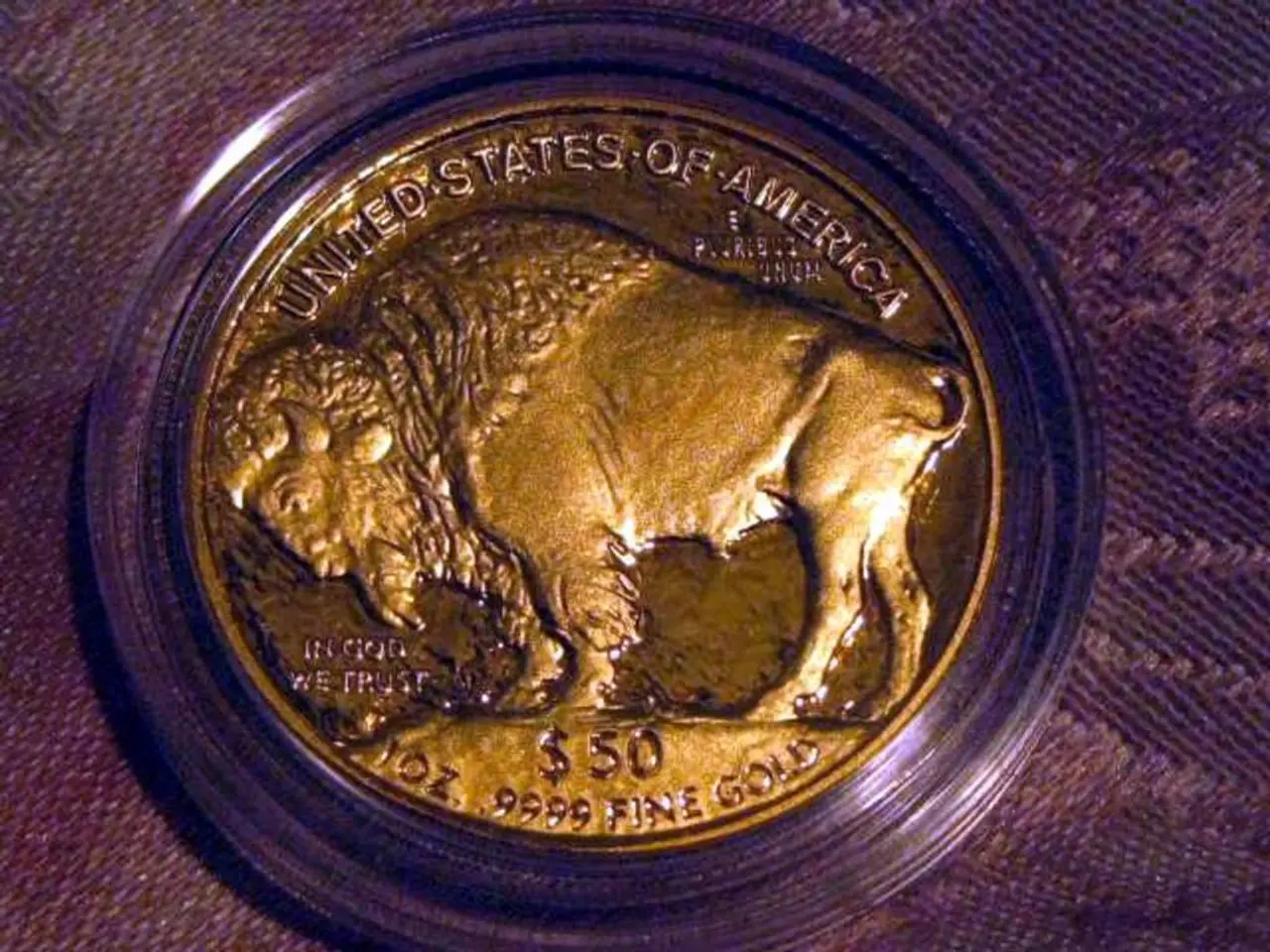Diverse responses to the negotiated minimum wage deal in Rhineland-Palatinate - Varied opinions expressed regarding increased minimum wage in RLP region
Title: Mixed Reactions to Minimum Wage Increase in Rhineland-Palatinate: A Tug-of-War Between Workers' Rights and Employers' Concerns
Rhineland-Palatinate is bracing for a wave of mixed reactions following the minimum wage commission's recommendation to hike the minimum wage. The proposed increase, from the current €12.82 to €14.60 an hour by 2027, has sparked a lively debate among politicians, employers, and agricultural associations.
Dörte Schall, the Minister of Labor from the SDP, is among those welcoming the wage hike. She sees it as a powerful statement for the millions of employees in lower wage brackets, reiterating that collective bargaining agreements are the cornerstone of fair working conditions. However, she emphasizes the need for politics and social partners to strengthen collective bargaining coverage.
Gereon Haumann, the president of the German Hotel and Restaurant Association Rhineland-Palatinate (DEHOGA), also supports the decision. He appreciates the commission's ability to strike a balance between wage growth and overall economic health. Haumann wishes for the political debate to move forward, hoping that the minimum wage will no longer be used as a political bargaining chip.
However, agricultural associations in Rhineland-Palatinate have expressed grave concerns about the proposed minimum wage increase. The Agricultural Interest Association Land schafft Verbindung Rhineland-Palatinate (LSV) criticizes the policy as unrealistic. The region is heavily reliant on special cultures like asparagus, fruit, and wine, where manual labor often constitutes over 90% of the workforce. The LSV advocates for a more branch-specific minimum wage and special regulations for seasonal workers to alleviate the economic pressure on the sector.
Eberhard Hartelt, the President of the Farmers' and Winemakers' Association Rhineland-Palatinate South e.V., echoes the LSV's concerns. He believes that the increased labor costs cannot be compensated by a corresponding increase in producer prices, leading to the cultivation of fewer profitable varieties. This could result in business closures and a shift of production to other countries.
The minimum wage increase, if implemented, will undoubtedly benefit seasonal workers by boosting their earnings during the employment period. However, it may also translate to increased labor costs for employers relying heavily on seasonal work. Consequently, some businesses may opt to reduce the number of seasonal positions or hours to absorb these additional expenses, potentially affecting the opportunities for seasonal workers.
- Minimum Wage
- Rhineland-Palatinate
- Minimum Wage Commission
- Dörte Schall
- SDP
- Mainz
- DEHOGA
- Agriculture
- Seasonal Workers
- Labor Costs
- Employment Effects
- Economic Sustainability
Into the fray steps the Federal Ministry of Labor, overseeing the implementation of the minimum wage increase across all sectors. However, specific exemptions or special conditions under German labor law for seasonal workers have yet to be highlighted in recent sources. Meanwhile, calls for accompanying economic reforms to ensure the sustainability of businesses in Rhineland-Palatinate continue to echo in the background of the debate. The economic outlook, with a recovering but cautious German economy, further complicates the discussion, underscoring the need for a delicate balancing act between wage increases and economic sustainability.
- The Federal Ministry of Labor, tasked with implementing the minimum wage increase, is yet to clarify any specific exemptions or special conditions under German labor law for seasonal workers in Rhineland-Palatinate.
- As the minimum wage increase might increase labor costs for businesses relying heavily on seasonal work, calls for economic reforms to ensure the sustainability of these businesses in Rhineland-Palatinate persist, amidst a recovering but cautious German economy.






